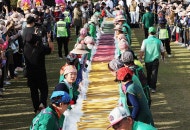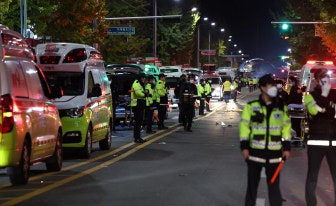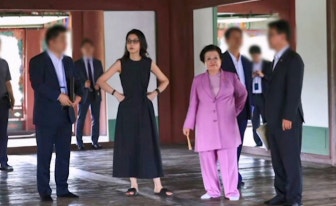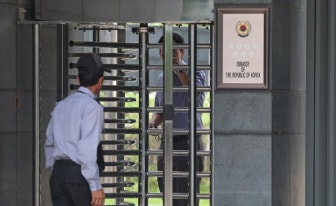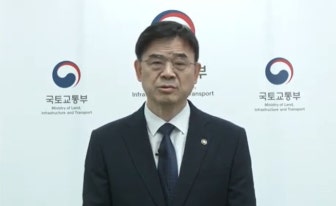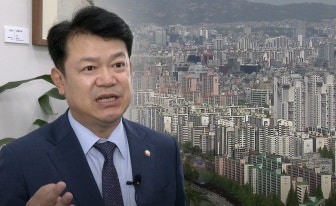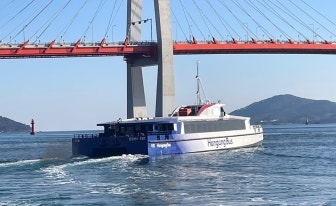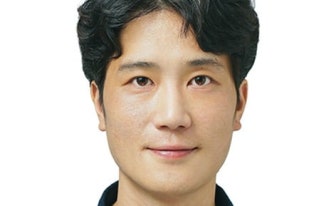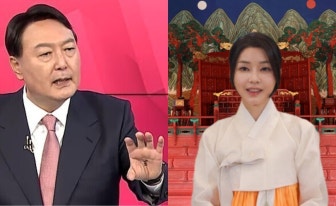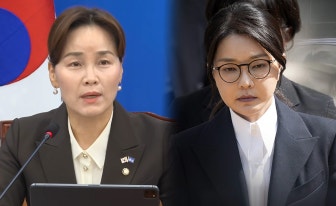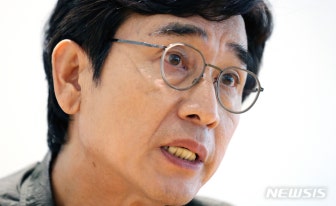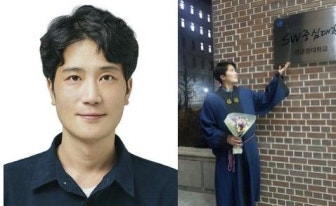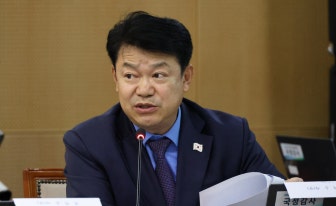U.S. officials have reportedly discussed arranging a meeting between U.S. President Donald Trump and North Korean leader Kim Jong-un during Trump’s upcoming Asia tour.
The possible talks reflect Washington's renewed interest in engaging Pyongyang, though U.S. sources caution that actual execution may be difficult and concrete planning has yet to begin.
CNN reported on Saturday that “Trump has publicly and privately expressed a desire to meet his North Korean counterpart, and officials have left the door open to a meeting while he's on his trip to Asia.”
Trump is expected to attend the Asean summit in Malaysia later this month, then visit Japan and travel to Korea for the APEC Summit.
“Officials have not yet done any of the serious logistical planning they would need to do to arrange such a visit,” a U.S. source told CNN, citing the lack of direct contact with Pyongyang and the absence of an itinerary reflecting a visit tailored to the North Korean leader.
In response, Seoul's ambassador to the United States, Kang Kyung‑wha, told South Korean lawmakers on Friday: “President Trump says he remains open to dialogue, and North Korea has shown signs of the same, but I see no indication yet that something will happen around the APEC summit.”
Observers say the United States has clearly offered dialogue, leaving the ball in North Korea's court.
Trump called North Korea a “nuclear power” soon after taking office on Jan. 20, and a U.S.-based outlet NK News reported in June that North Korean diplomats in New York have “refused to accept a letter from President Donald Trump aimed at reopening communication channels between Washington and Pyongyang” — an account the White House did not deny.
At the August summit between Trump and South Korean President Lee Jae Myung, Lee proposed using the APEC meeting as an occasion to discuss a Trump-Kim encounter. The U.S. president responded positively, expressing hopes of meeting Kim this year.
In 2019, Trump tweeted, “After some very important meetings, including my meeting with President Xi of China, I will be leaving Japan for South Korea (with President Moon). While there, if Chairman Kim of North Korea sees this, I would meet him at the Border/DMZ just to shake his hand and say Hello(?)!”
Shortly after posting the tweet, Trump and Kim held an impromptu meeting at Panmunjom in the demilitarized zone.
Since that meeting, however, the landscape has shifted. Kim recently declared during the Supreme People’s Assembly in September that U.S. demands for denuclearization were akin to “ordering us to commit unconstitutional acts,” signaling Pyongyang’s refusal to engage on previous terms.
Analysts say Kim's ties with China and Russia are growing, giving him more leverage and enabling him to raise the bar for any dialogue.
“North Korea may seek arms‑freeze or arms‑reduction deals rather than full denuclearization in exchange for sanctions relief and security guarantees,” said Lim Eul‑chul, a visiting professor at the Far East Institute at Kyungnam University.
Many analysts caution that even if a U.S.-North Korea summit takes place, it could serve more as a symbolic gesture than a venue for meaningful progress. If Kim maintains his current stance, a scenario in which Seoul is sidelined while Trump reaps diplomatic optics — often referred to as “Korea passing” — remains a real possibility.
Seoul's Ministry of Foreign Affairs reaffirmed that “both South Korea and the United States” have consistently stated that they remain open to dialogue with North Korea in pursuit of peace on the peninsula and resolution of the nuclear issue.
“We will continue close communication and coordination on overall North Korea policy, including U.S.-North Korea dialogue,” the ministry said.
Experts remain skeptical despite Seoul's call for continued coordination, noting that Pyongyang's closer ties with Beijing and Moscow reduce the likelihood of renewed talks.
“With North Korea refusing full denuclearization and the strategic union of the North, China and Russia, the chance of a surprise meeting is slim,” said Yang Moo‑jin, a professor at the University of North Korean Studies. “North Korea will approach any encounter carefully, given the burden it would incur if talks resume.”
This article was originally written in Korean and translated by a bilingual reporter with the help of generative AI tools. It was then edited by a native English-speaking editor. All AI-assisted translations are reviewed and refined by our newsroom.


















